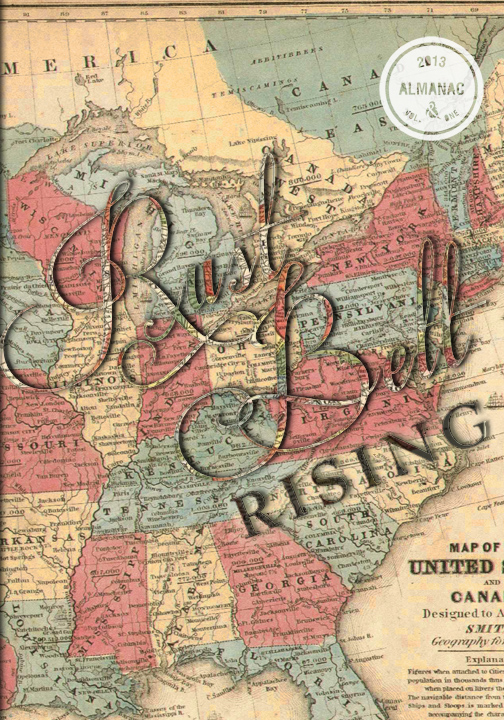 Ariel Diliberto is the bookkeeper/owner at Kapital Bookkeeping LLC, specializing in bookkeeping for nonprofits, small businesses, and self-employed individuals. She has a bookkeeping certificate from Penn State and is QuickBooks ProAdvisor Certified. Before becoming a bookkeeper, Ariel worked as a city planner for the City of Philadelphia and has a BA in Urban Studies & Ecology from Vassar College. She has written non-fiction pieces for Cleaver Magazine, Hidden City Philadelphia, and Verso Books and enjoys writing poetry for herself.
Ariel Diliberto is the bookkeeper/owner at Kapital Bookkeeping LLC, specializing in bookkeeping for nonprofits, small businesses, and self-employed individuals. She has a bookkeeping certificate from Penn State and is QuickBooks ProAdvisor Certified. Before becoming a bookkeeper, Ariel worked as a city planner for the City of Philadelphia and has a BA in Urban Studies & Ecology from Vassar College. She has written non-fiction pieces for Cleaver Magazine, Hidden City Philadelphia, and Verso Books and enjoys writing poetry for herself.
RUST BELT RISING ALMANAC, Vol. 1 reviewed by Ariel Diliberto

RUST BELT RISING ALMANAC, Vol. 1 Various Authors The Head & The Hand Press, 168 pages reviewed by Ariel Diliberto Rust Belt Rising Almanac presents a pastiche of short stories, poems, photographs and artwork. Collectively they form a fairly complete image of the post-industrial cities that comprise the toponymous “belt” (in the case of this publication, namely Philadelphia, Cleveland, Detroit, and Pittsburgh). Collectively being the operative word. For individually, some of the stories are flashes in the (rusting) pan. However, together these ethereal dispatches evoke the negative space inside an abandoned factory building, and upon reaching page 168, readers can step back and see it for what it is. So what is it? The triumph of Rust Belt is its ability to dispel the false narrative about America’s trajectory from industrial to post-industrial, in which the peak of our society was the peak of the industrial era, and it’s been downhill ever since. Put another way, the idea that when factories were pumping in the hearts of these cities, it was the “good old days,” and now that they’ve shut down or relocated, despair ensues. Rust Belt demonstrates that a) the “good old days” weren’t always all that good, as Kim ...
